Research Projects
Our Research Projects
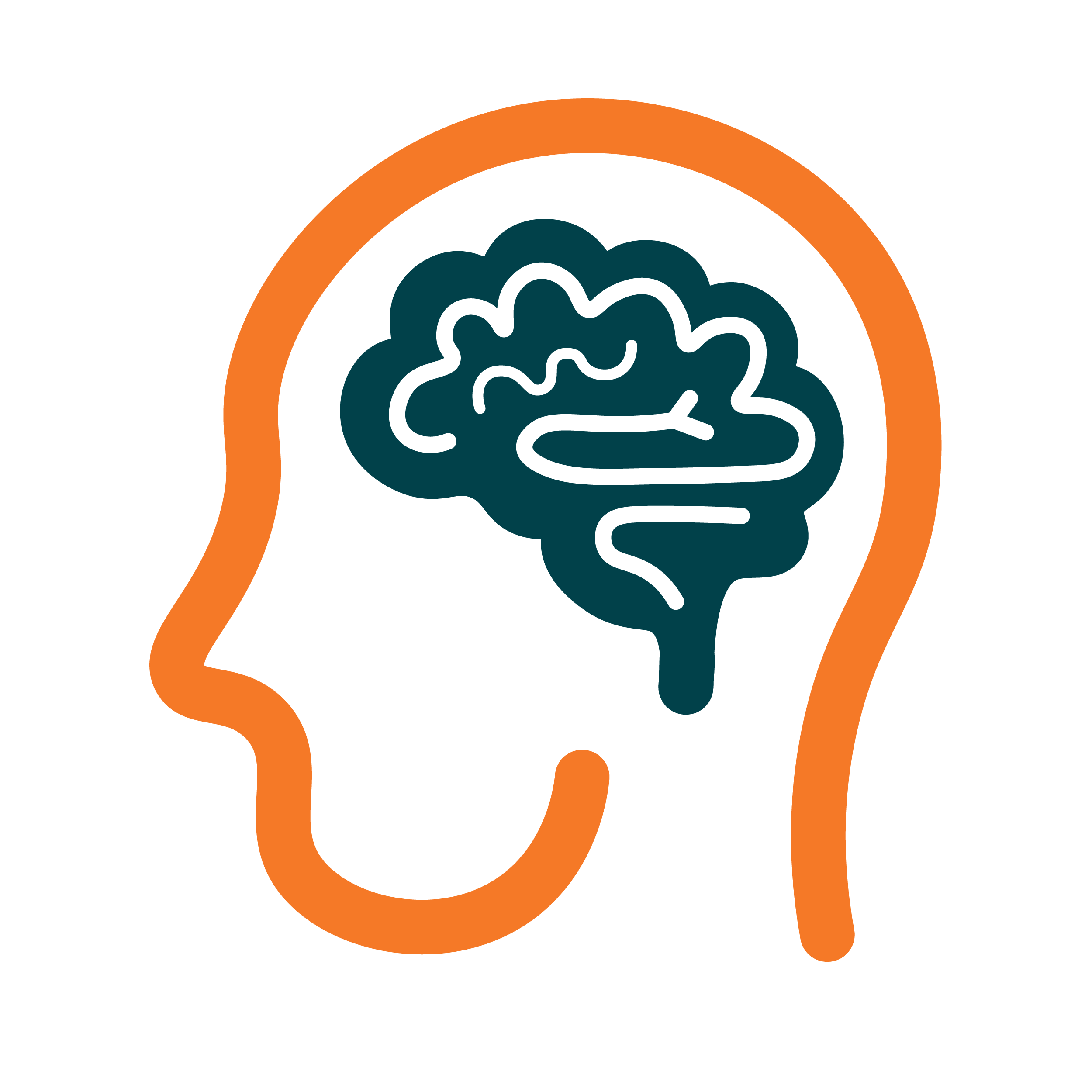
In this project, we gather pressing questions among the general public about death and dying, and create short animated videos in which we answer these questions. These videos will be widely shared.


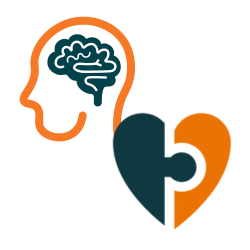
The general objective of the BIRD - NL consortium is to develop knowledge about modifiable risk - and protective factors for dementia to prevent dementia. To this aim, BIRD-NL identifies four areas of interest, each defining one project within the large consortium: 1) Public knowledge and perception regarding risk and protective factors for dementia; 2) Identifying and understanding risk and protective factors; 3) Risk stratification and prediction; and 4) Preclinical trials and intervention modeling.
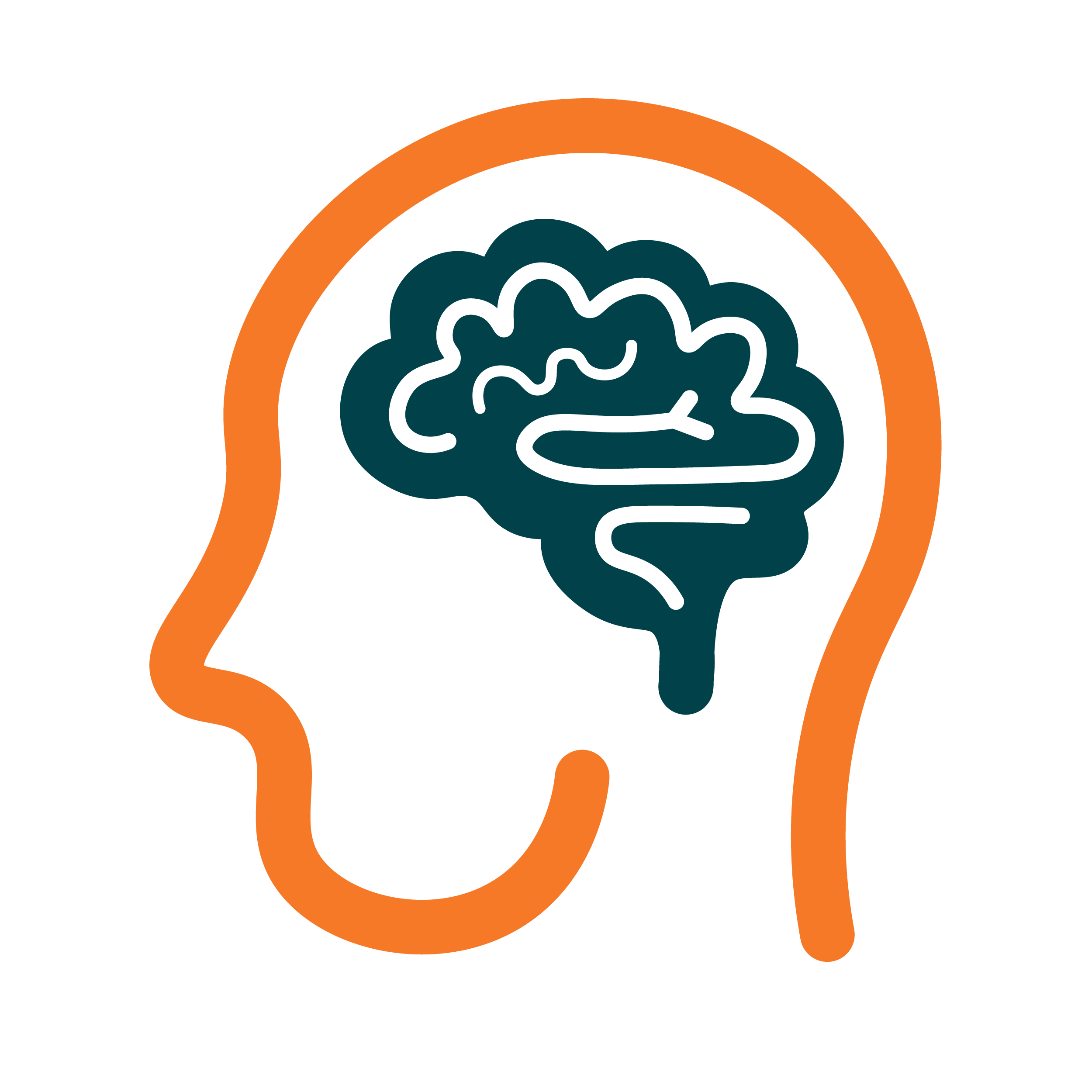
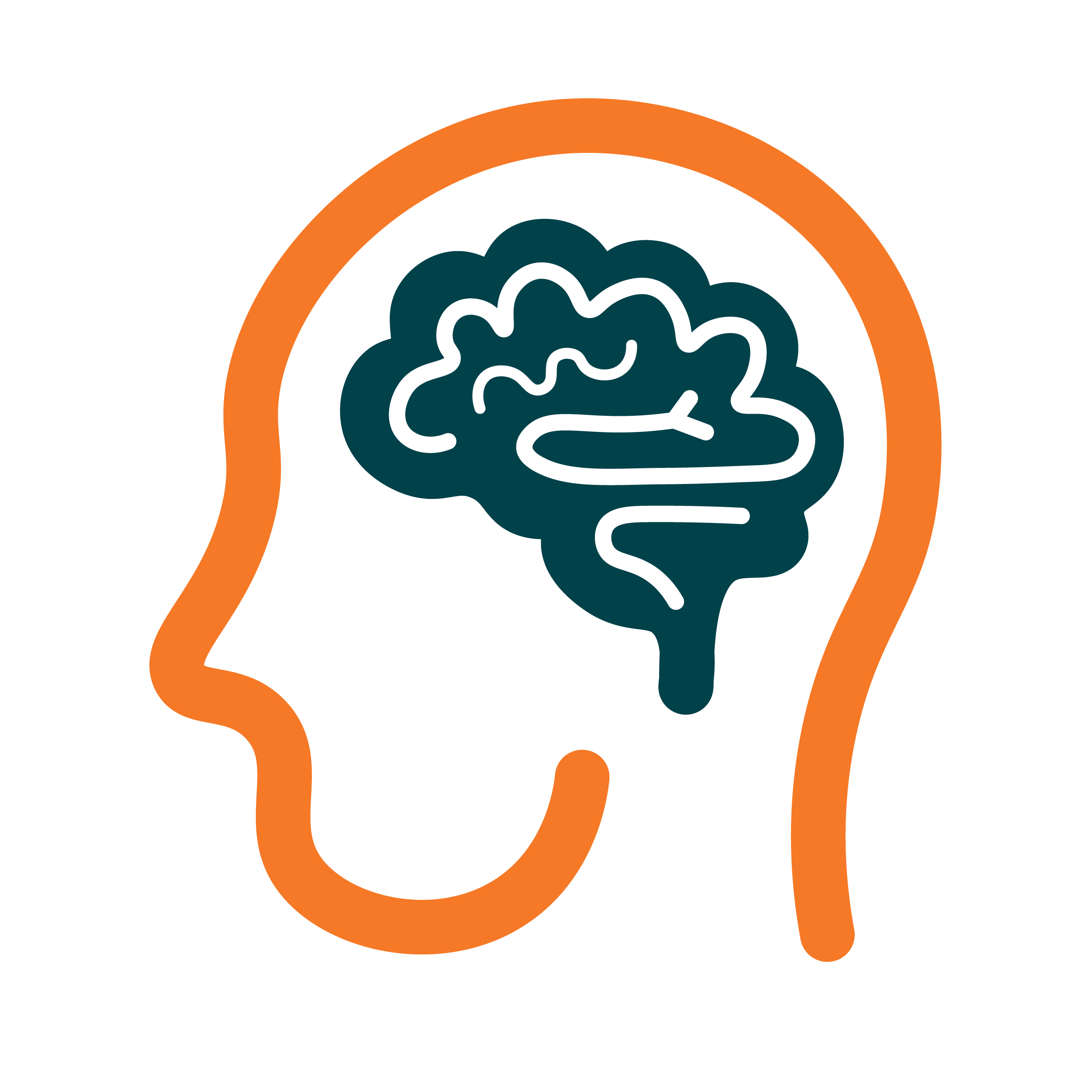

A collaborative and participative research project to explore and redesign a lifelong learning ecology to support present and future GPs in developing an entrepreneurial mindset.

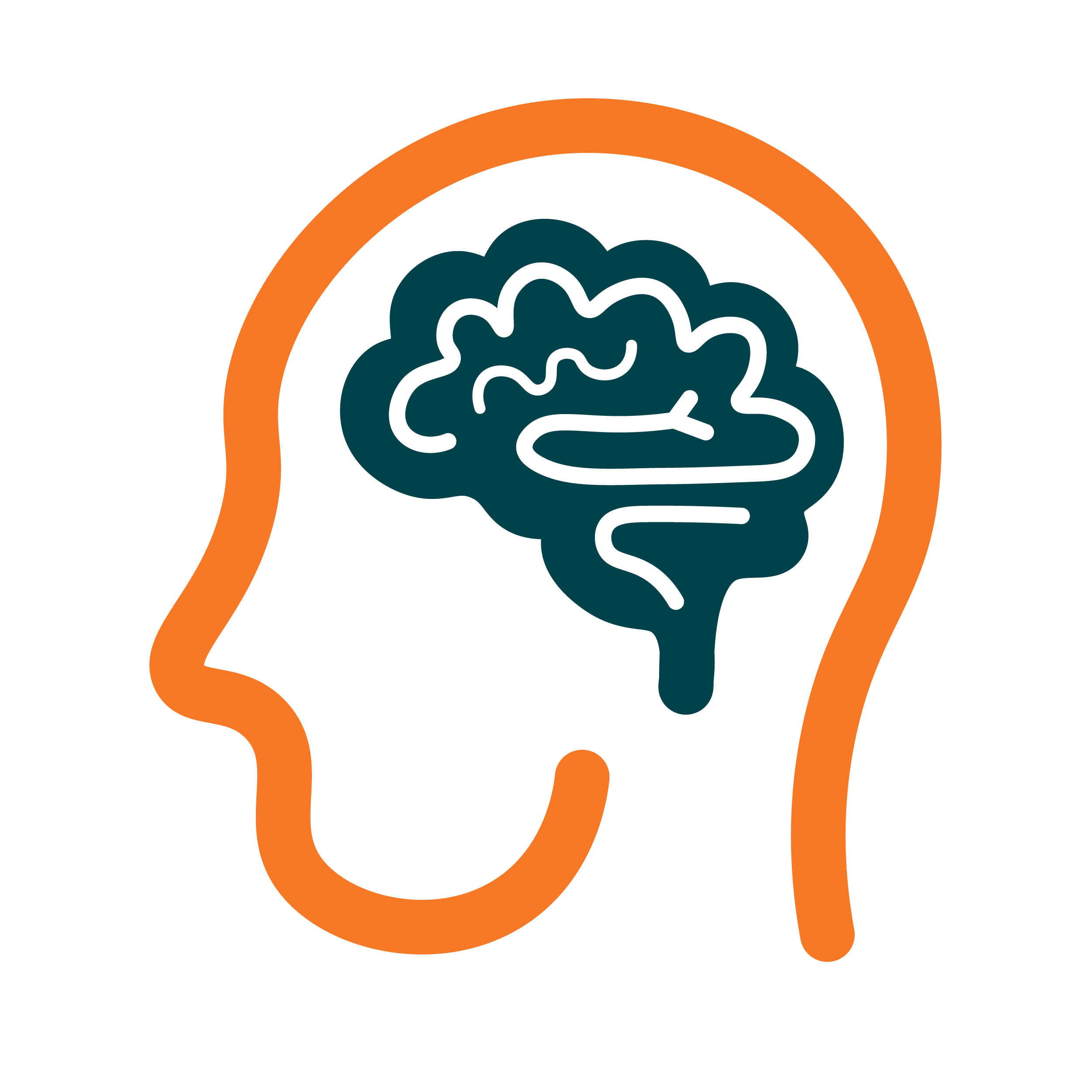
This study aims to develop a proactive, person-centered care approach for individuals with multiple chronic diseases in general practice and evaluate its impact on the "Quadruple aims"—patient and professional experiences, patient outcomes, and resource use. People with multimorbidity often receive fragmented care, leading to inefficiencies and neglect of essential needs. A group of Dutch general practitioners (GPs) is creating a more comprehensive approach. Using mixed methods, the approach will be developed through action-based cycles involving patient and professional feedback. A pilot study will assess its impact by comparing outcomes for patients exposed and not exposed to the new care model.


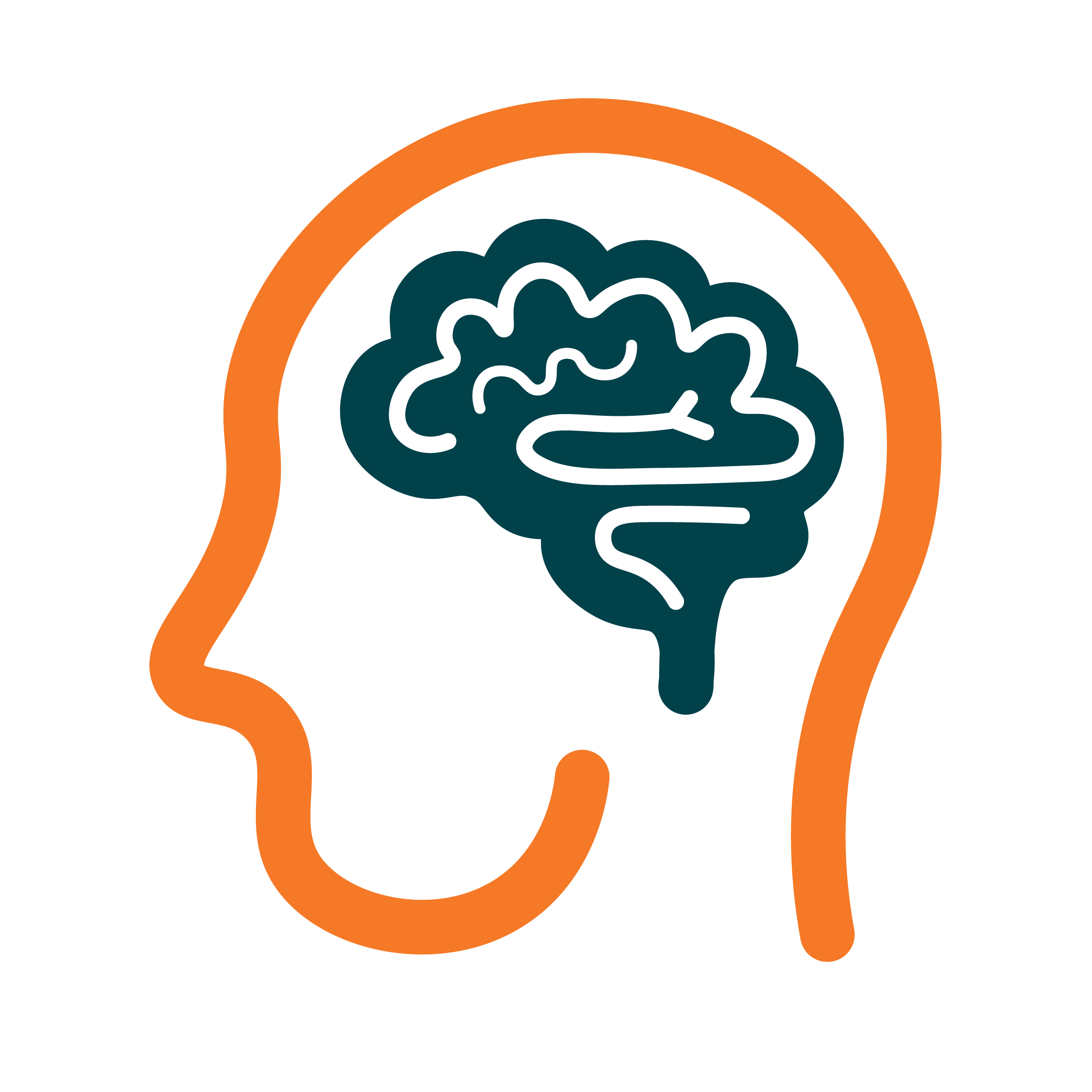
In ageing societies, the number of older adults with complex chronic conditions (CCCs) is rising rapidly. Caring for these individuals is challenging due to the interactions between multiple conditions and treatments. This EU-funded project aims to develop decision support systems to better predict health outcomes and the impact of treatments. Real-world data from older adults (≥60 years) in home care and nursing homes across eight countries will be used, including data from 51 million care recipients over the past 20 years. Prognostic algorithms will be developed, validated, and tested using AI techniques like machine learning. The study has been approved by ethical committees and will comply with local and EU regulations. Findings will be shared through publications and presentations at meetings.

The goal of the I-RECOVER study is to improve care in patients with chronic dizziness by implementing Vertigo Training, an online version of vestibular rehabilitation, nationwide.
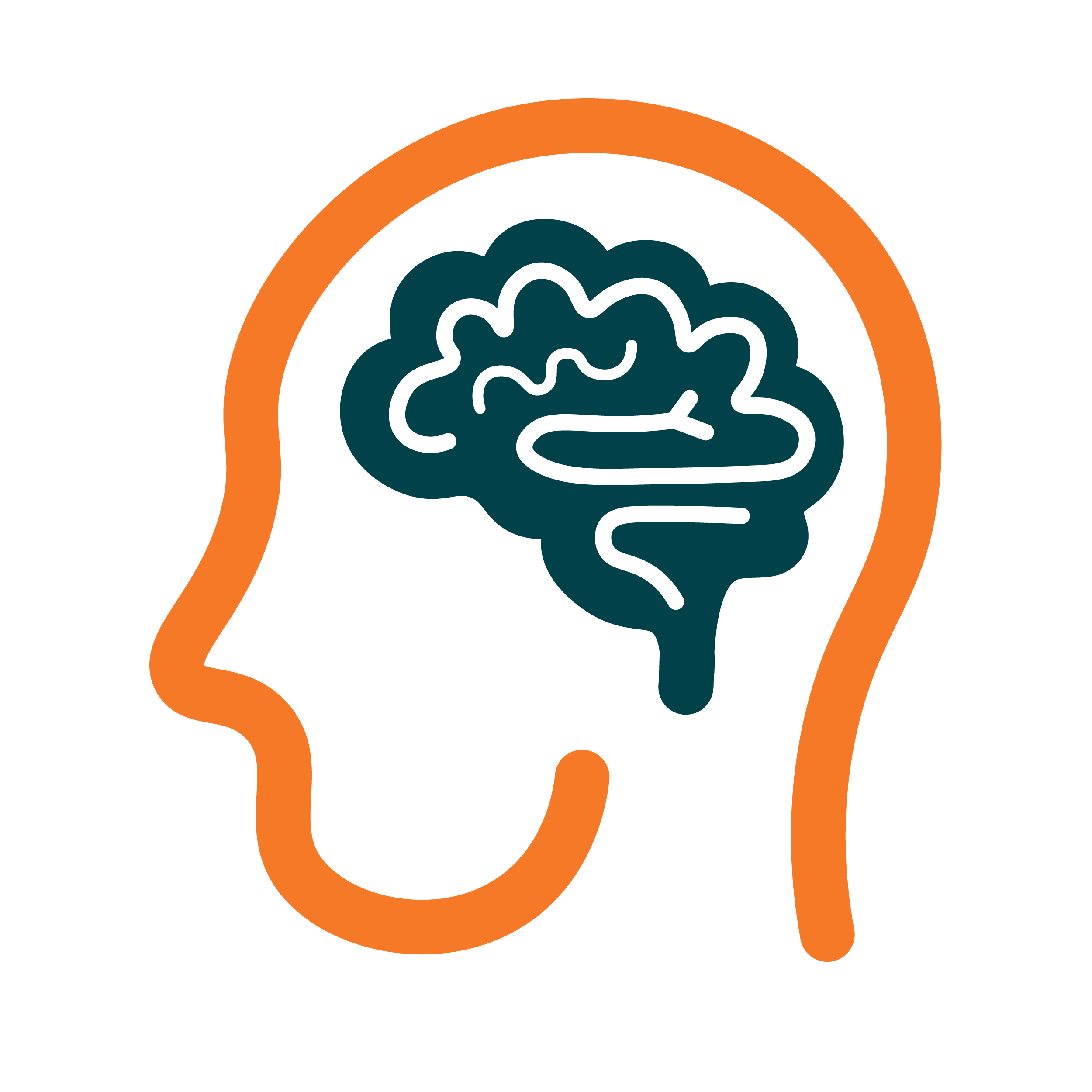
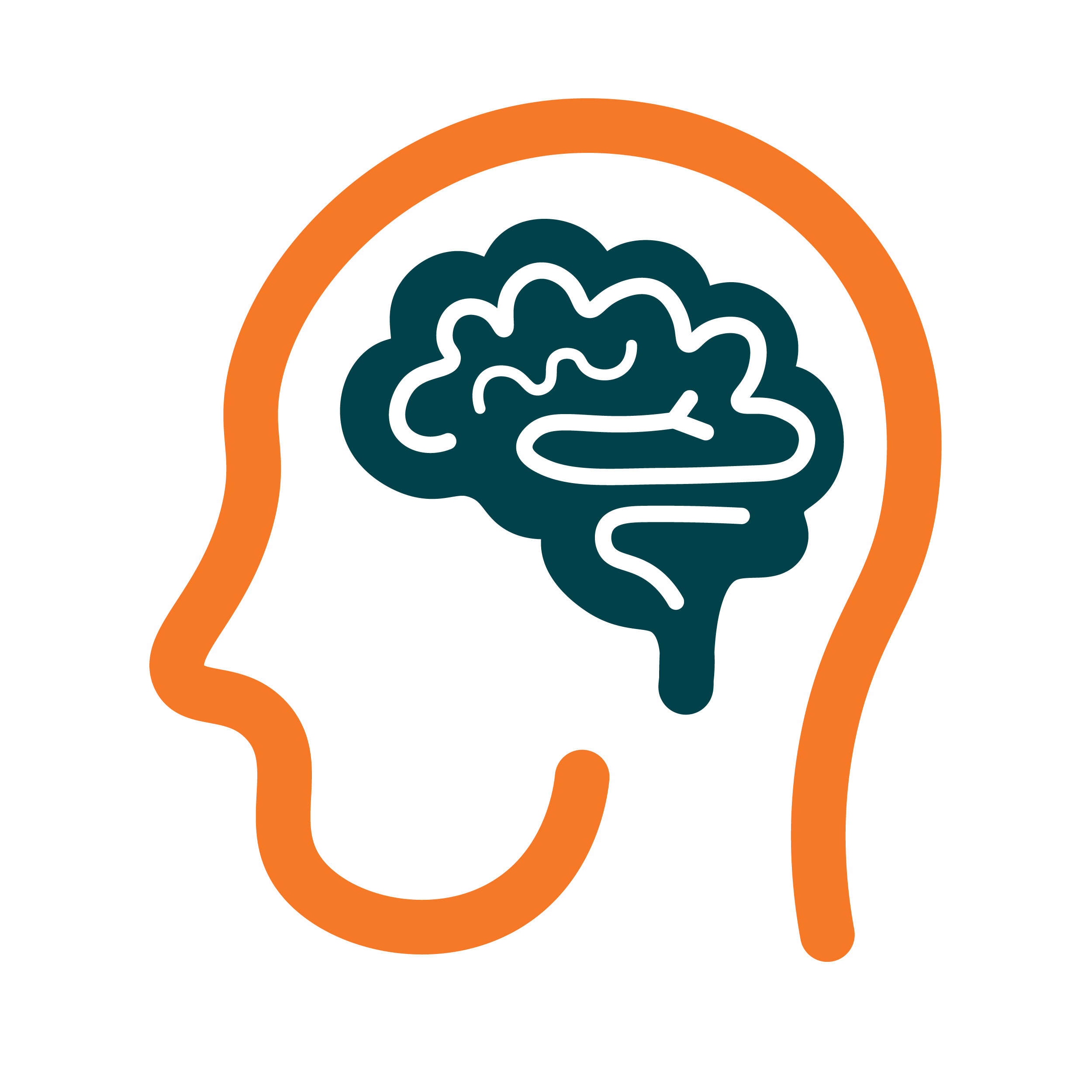

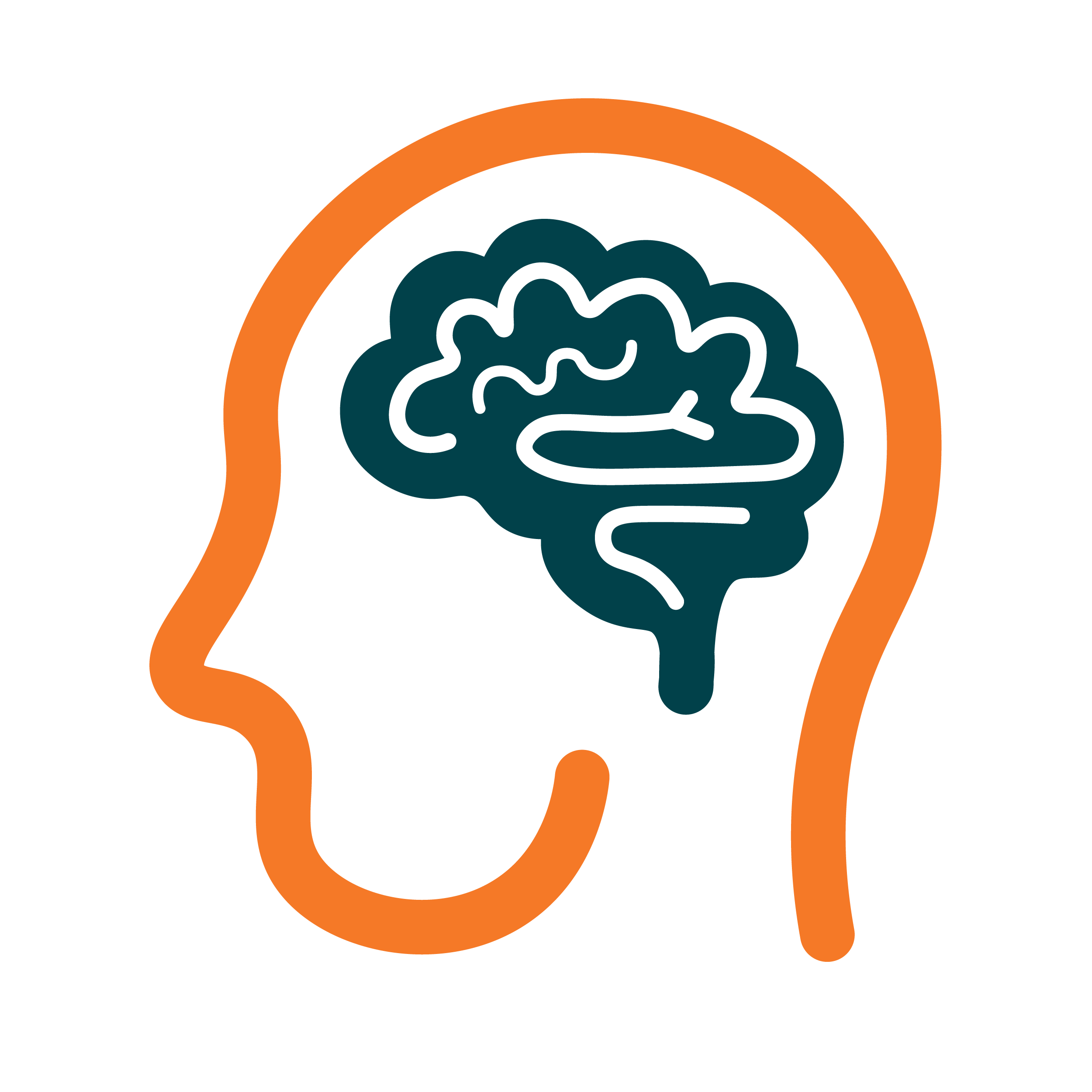
The main objective of this project is to unravel the pathophysiology of dementia in order to find clues for primary prevention by performing a pooled analysis of cohorts on aging and dementia. The project has 3 main objectives: Scientific: To investigate the contribution of vascular pathology and amyloid pathology to the development of dementia. Public health: To estimate the public health impact of these and other known risk factors in terms of their contribution to the population burden of dementia and the formulation of design guidelines for prevention trials. Infrastructural: To improve data infrastructure and data access to cohorts related to aging and dementia. The study will be performed using data from 9 ongoing prospective cohorts studies on cognitive aging or dementia in the Netherlands.

Postgraduate medical training programs largely consist of workplace-based learning. The importance of an adequate patient mix for optimal learning in the workplace is recognized by several national and international accreditation standards. Previous studies, including our own, have revealed areas of low exposure in the patient mix of GP trainees. Why, how and what can be done to close these gaps are the aims of this study.

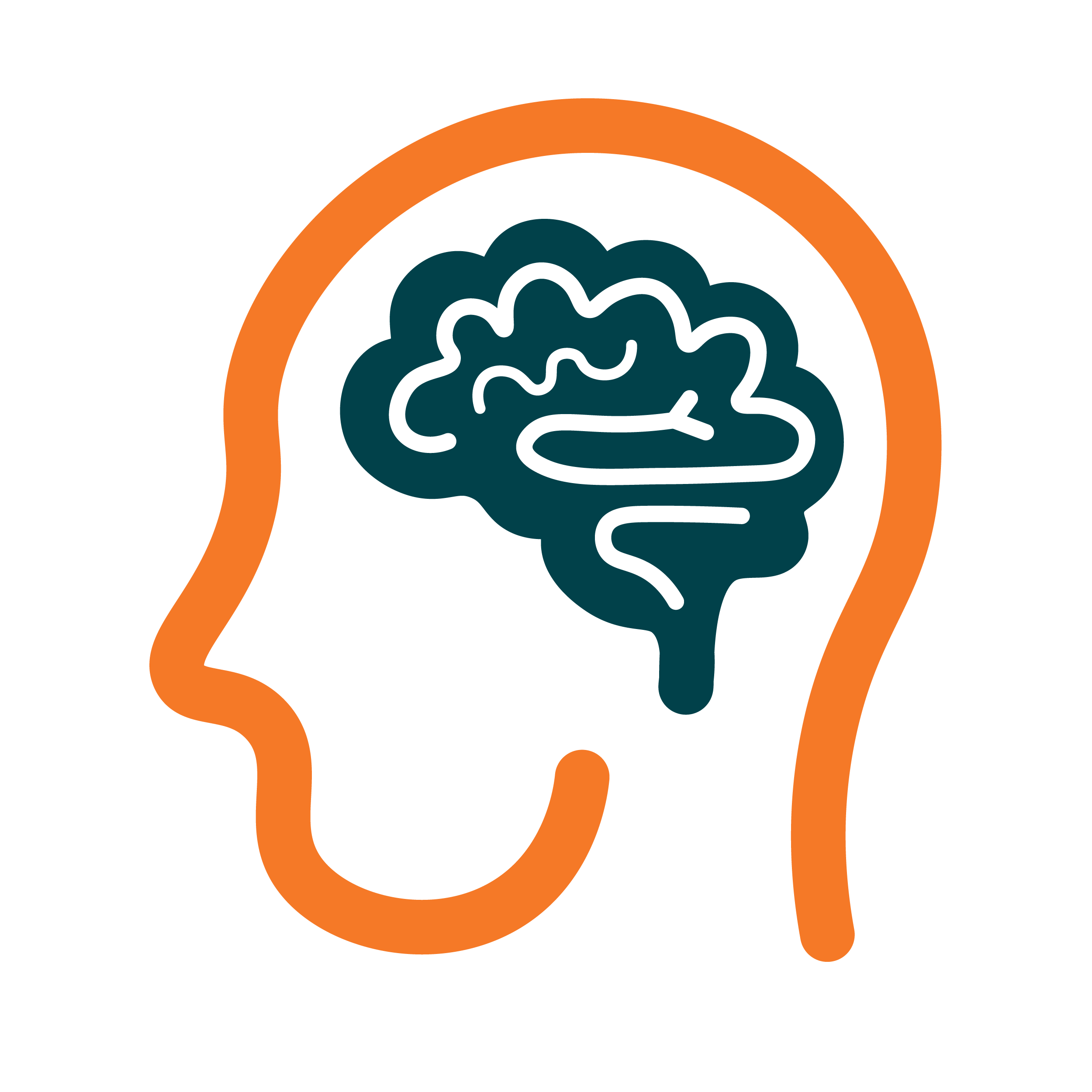
This project aims to examine possible sex differences in the association of physiological biomarkers with incident dementia, including Alzheimer’s disease (AD). Within the population-based cohort of the AGES-Reykjavik Study of 5764 individuals aged 65 years or older, we aim to first identify sex differences in risk for dementia and AD during 12 years of follow-up using a wide array of potential biomarkers (cardiovascular, metabolic, cholesterol, endocrine, and inflammatory) and second to develop sex-specific prognostic models, which allow for more precise disease prediction and early identification of high-risk individuals for prevention or for selection in clinical trials.

This project aims to define a new expanded professional identity for GPs and investigate factors that hinder or facilitate its formation. Results will help educators to support future GPs in finding a balance between their personal and professional identities.

Mixed methods project that studies how to balance graded autonomy, responsibility and patient safety in the training of GP and ECM trainees, leading to practical recommendations for graded supervision.



The VERDI study is a Dutch diagnostic accuracy study to assess the discriminative ability of history taking and physical examination with respect to vertigo in general practice. We aim to construct diagnostic decision rules for the five most prevalent vertigo related diagnoses.